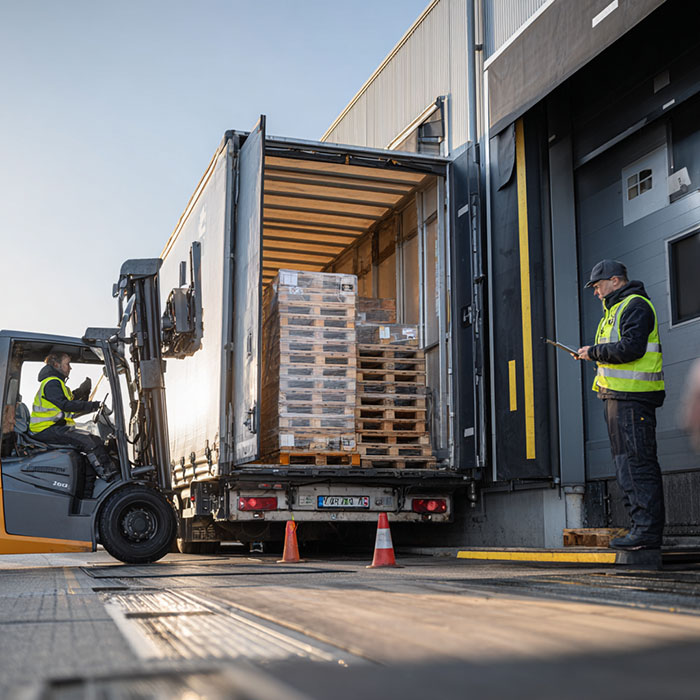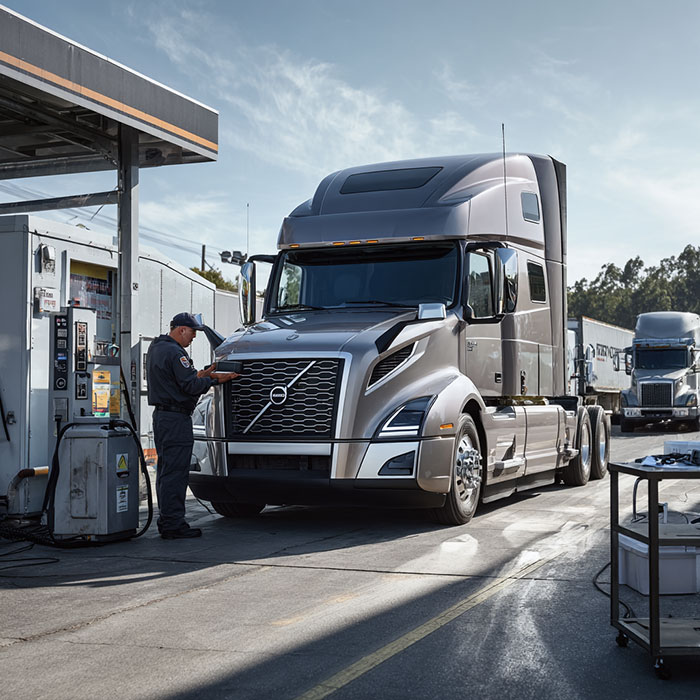
A Few Tips on Avoiding Road Rage as a truck driver
Road rage is aggression or anger coming from a motorist, while driving. This behavior can come in many forms, be it physical threats or reckless or aggressive driving, directed at another driver, pedestrian or cyclist in an attempt to intimidate them, or express their frustration.
Lane changes and merging are the leading causes of road rage between trucks and other vehicles, according to most truckers surveyed. Especially cars abruptly squeezing in front of tractor trailers, forcing them to slam on the brakes.
Most of us experience or have experienced road rage in our personal vehicles. Whether you’re yelling at the car in front of you for going 25 mph in a 55 mph zone, or blowing your horn at someone for taking too long to make a left turn. Road rage affects all of us, and not in a good way. This is why it’s important to understand what causes it, and ways to avoid it.
Here are some common types of road rage:
- Tailgating.
- Yelling.
- Honking Horn in anger.
- Making angry or lude gestures.
- Blocking another vehicle from changing lanes.
- Intentionally cutting off another vehicle.
- Stepping out of a vehicle to confront another driver.
- Intentionally bumping into or ramming another vehicle.
Here are a few tips to avoid road rage situations:
- Don’t cut off other drivers.
- Don’t drive slowly in the left (fast) lane.
- Don’t tailgate.
- Don’t make gestures to other drivers.
- Use your horn for emergencies only.
Road rage can be triggered by circumstances other than bad drivers on the road. Fatigue, hunger, and stress are all factors that can impact our mood on the road. For truckers, this can be especially true. Long days and nights on the road are common, and only add to the problem. Another big cause of road rage is running late for something. For some people, this can agitate them to a literal frenzy behind the wheel. At this point, you are significantly increasing your chances of being further aggravated by other drivers along the way.
There’s really no way to completely prevent road rage at all times. No matter how hard you work at it, you will probably be forever aggravated by bad drivers. There are, however, steps you can take to try to reduce the agitation a little.
Leaving on time is probably one of the best pieces of advice you can get on avoiding road rage. If you leave earlier than necessary for your destination, you give yourself more time to get there peacefully, without worrying about slow drivers making you late, because you’re not in a hurry. There will be times you will be late to your destination, and you feel your anger levels maxing out. In these instances, try to find something that is calming to you and focus on that to relieve your agitation.
Some options are to play some music you find calming. Try to avoid high energy, bass and drum heavy songs. If you have satellite radio or a streaming service, consider putting on that “Spa” channel, or something like it. Take some deep breaths, and allow your heart rate to slow down. This will physiologically bring about stress and anxiety reduction.
Just remember, it’s important to understand that road rage is dangerous to ourselves and others, if we allow it to escalate. If you find yourself aggravated and upset, think about the consequences. Remind yourself that there are many lives at stake on the road and expressing your anger at that moment isn’t worth causing an accident that could cause harm to you or someone else.
Disclaimer: The information in this article is based on the data available as of its writing and is meant to inform and guide prospective CDL trainees. For the most current information and specifics about CDL training programs, please contact SAGE Truck Driving Schools directly.
Please fill out the information below and our team will reach out to chat about your options.


